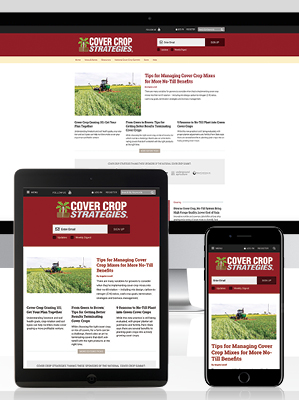Articles Tagged with ''cover crops''
[Podcast] Cover Crops & Crop Insurance
In this week’s podcast, crop insurance expert and Wisconsin farmer Ryan Stockwell with the National Wildlife Federation discusses why crop insurance regulations are outdated, why crop insurance eligibility rules are unfavorable to cover crops, how crop insurance will be evolving, and more. (Courtesy of Cover Crop Innovators)
Read More



